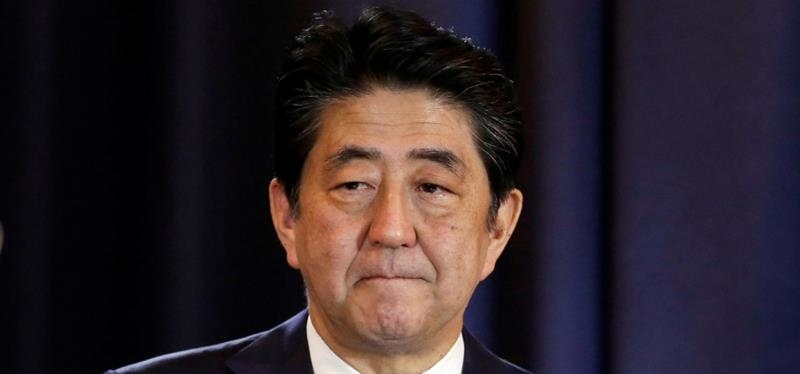Abe struggles under scandal
July 27, 2017 | Expert Insights

Japanese Prime Minister Shinzo Abe has been bogged down by growing scandals threatening to undermine his administration.
Abe was recently grilled by opposition leadership on whether he misused his influence to help a friend. He has denied any wrongdoing on his part.
Background
Until the scandal broke, Abe was one of the most popular political leaders in Japan. Born into a prominent family, his father and grandfather were both politicians. He served as a Member of the Parliament in Japan from 1993 to 2006.
On 26th September 2006, he was elected prime minister. At 52, he was then the youngest prime minister in Japan’s history since Fumimaro Konoe in 1941. His first term was cut short when he abruptly resigned from his position in 2007. At that time, two ministers in his cabinet stepped down as a result of different scandals.
However, Abe said it wasn’t scandal but an illness that led to his resignation. In 2012, he was sworn in as Prime Minister for a second term.
During his second term, Abe enjoyed a reputation as a steadying hand in government. His political party, Liberal Democratic Party (LDP), even changed its rules to allow him to stand for elections for a third time.
Analysis
There are two scandals that have unfolded parallelly that have undercut Abe’s political standing. The first one revolves around a kindergarten school. Moritomo Gakuen group had supposedly purchased land to build the school at just one-seventh of the appraised value. Yasunori Kagoike, president of the Moritomo Gakuen group testified that had handed an envelope containing 1m yen (£7,100) and had said it was from Abe. The government has denied that claim. The first lady had been listed as a “honorary principal” for the school but stepped down due to the scandal.
The second scandal is larger in scale. Abe stands accused of intervening on behalf of his friend Kotaro Kake, to gain approval to open a veterinary school in western Japan. In a rare occurrence, Abe agreed to be questioned by opposition lawmakers outside parliament's ordinary session. During the questioning he said, “I only instructed to speed up efforts for the deregulation reforms. I have never issued instructions on specific cases. The approval is a result of the process that was appropriate and open."
Abe’s approval ratings have been on a free-fall in the recent months. A poll by Mainichi newspaper showed that Abe cabinet’s approval rating had plummeted 10 points. It reportedly stands at 26%, the lowest it has been since 2012.
The elections are scheduled for next year.
Assessment
Our assessment is that Abe will no longer be able to fruitfully pursue his political agenda. The polls indicate that the Japanese citizens no longer trust him. Without this trust, he has no mandate. If the scandals continue to gain traction, then Abe may consider stepping down once again.








Comments